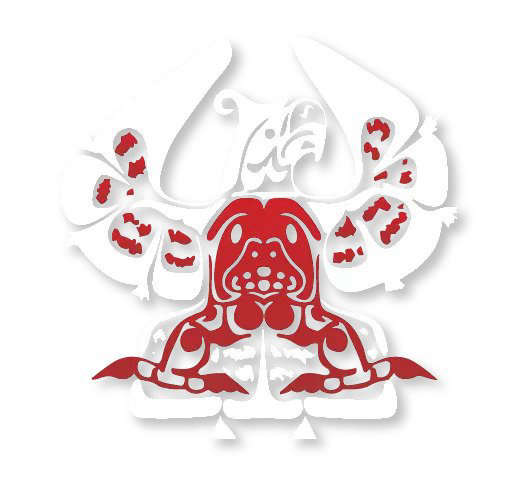
We reported this week about provincial funding - $1.3 million dollars- coming from the Clean BC Plastics Action Fund for indigenous-led projects to reduce plastic waste.
Some of that money will benefit the Gwa’sala-‘Nakwaxda’xw Nations to improve its recycling system; not only for environmental benefits, but to also improve the community’s capacity to host events and celebrations.
Gwa’sala-‘Nakwaxda’xw Nation will receive $133,415 to reduce and process plastic waste within the community.
“Reducing plastic waste is one of the many ways we can reduce our impact on the land and water,” says Michele Babchuk, MLA for North Island.
“This funding to improve the Gwa’sala-‘Nakwaxda’xw Nations recycling system will not only be great for the environment, but will also improve the community’s capacity to host events and celebrations.”
Recycling sorting bins will be installed in common buildings, and reusable dishes and a commercial dishwasher will be available for community events.
It’s one of eight new Indigenous-led projects across the province.
The Plastics Action Fund promotes a circular economy by encouraging innovative uses of recycled post-consumer plastics, and the prevention of plastic waste at the source through reuse and the use of alternative materials.
The province says that to date, more than $12.5 million in funding has been granted to 23 projects.
To learn more, visit Government of British Columbia.
To learn more, visit Government of British Columbia.
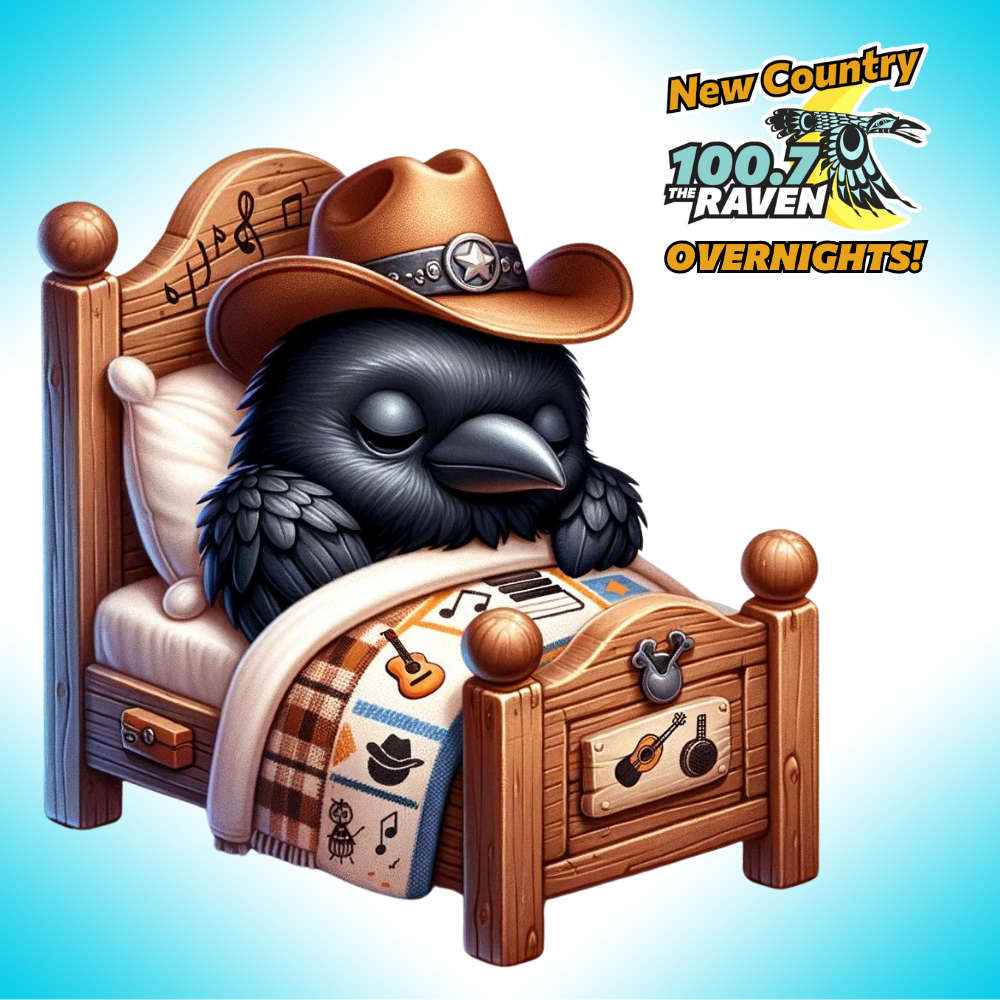
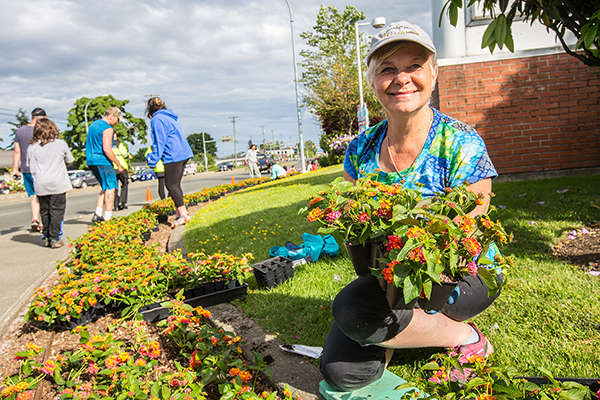 Courtenay - Mile of Flowers Volunteers
Courtenay - Mile of Flowers Volunteers
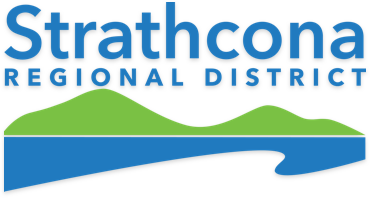 SRD - Accessibility Plan
SRD - Accessibility Plan
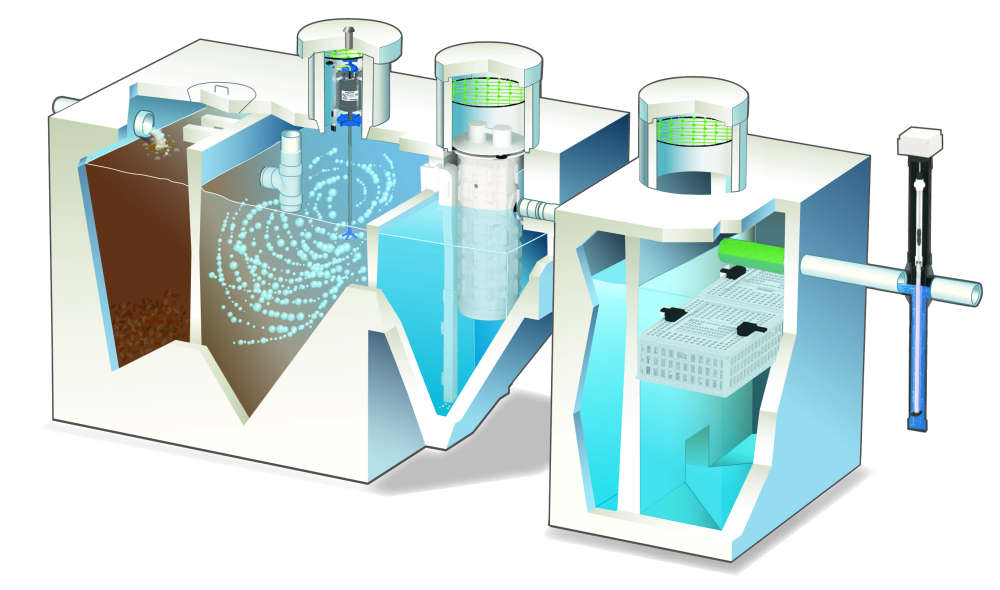 Cumberland AAP Wastewater Drop In
Cumberland AAP Wastewater Drop In
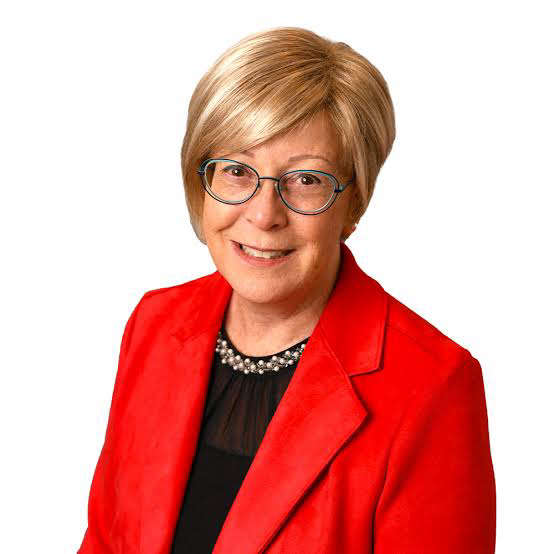 Ronna-Rae Leonard - Running Again
Ronna-Rae Leonard - Running Again
 Psychotherapy Care
Psychotherapy Care
